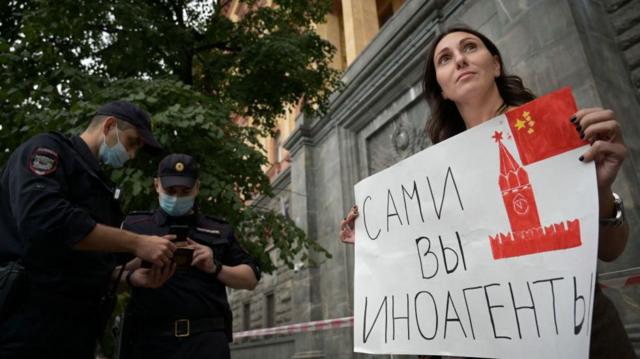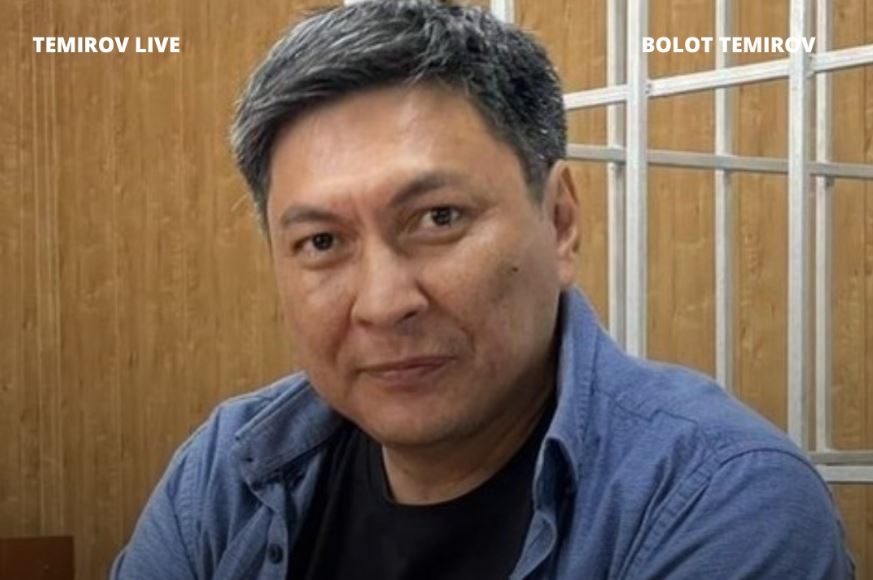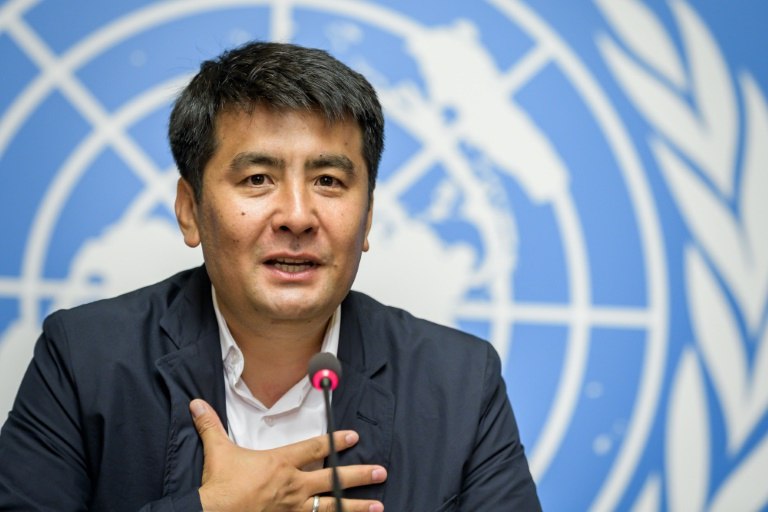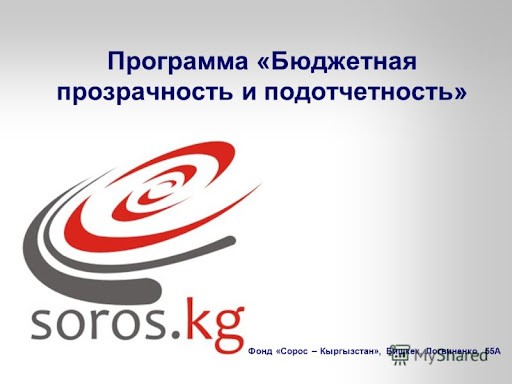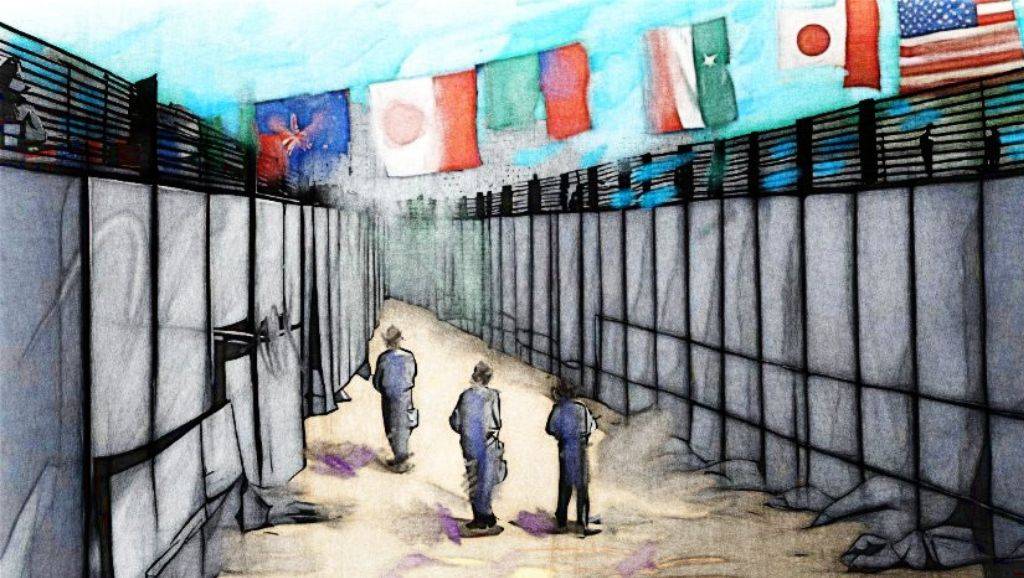NGOs in Kyrgyzstan Have Two Months to Register as “Foreign Agents”
Kyrgyzstan's Ministry of Justice has approved the creation of a register for "non-governmental organizations performing the functions of a foreign representative", which gives authorities the right to inspect their activities. All non-profit agencies that receive foreign funding have been given two months from 16 May to submit documents to the ministry. Kyrgyz president Sadyr Zhaparov signed the law "on Foreign Representatives" on April 2, despite over 100 organizations and civil society figures appealing for him not to do so. Zhaparov made assurances at the time that non-governmental organizations would not be persecuted. Local NGOs funded from abroad that are engaged in political activities in Kyrgyzstan are now recognized as "performing the functions of a foreign representative", and are placed in a separate register. Organizations included in this register -- so-called 'foreign agents' -- may be subjected to various unscheduled inspections. Several international organizations, as well as the United States and certain countries in the European Union, have voiced criticisms of the new law. After it came into force, the Soros-Kyrgyzstan Foundation announced that it would be terminating its activities in Kyrgyzstan.
